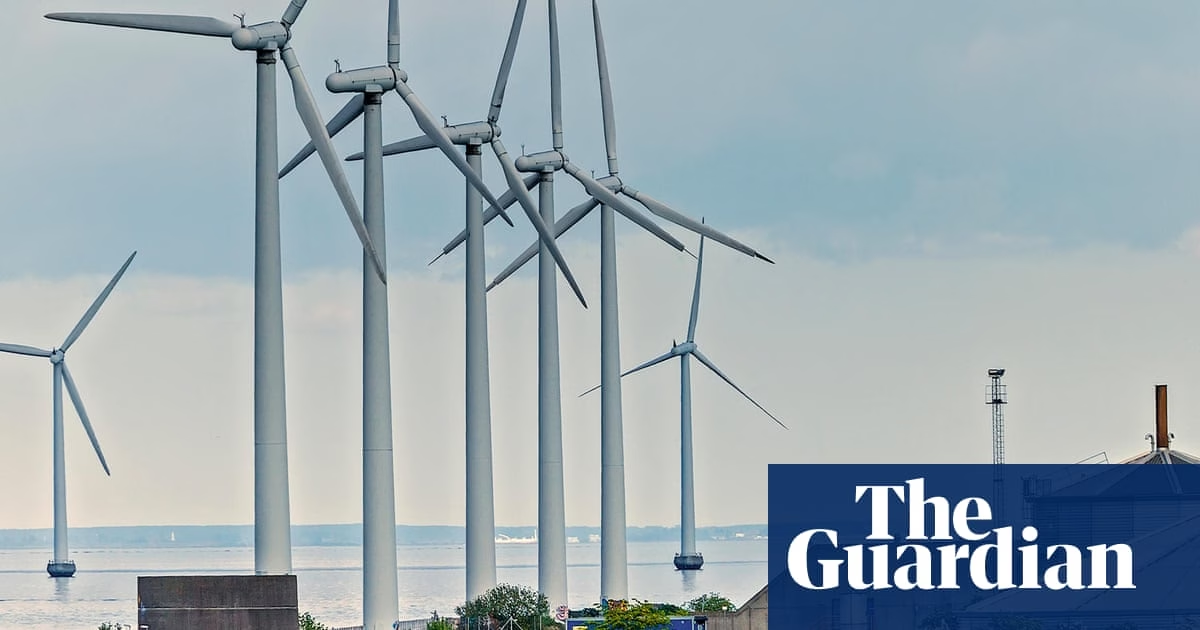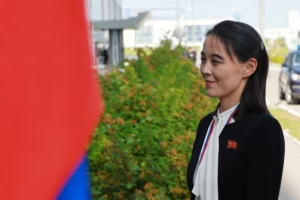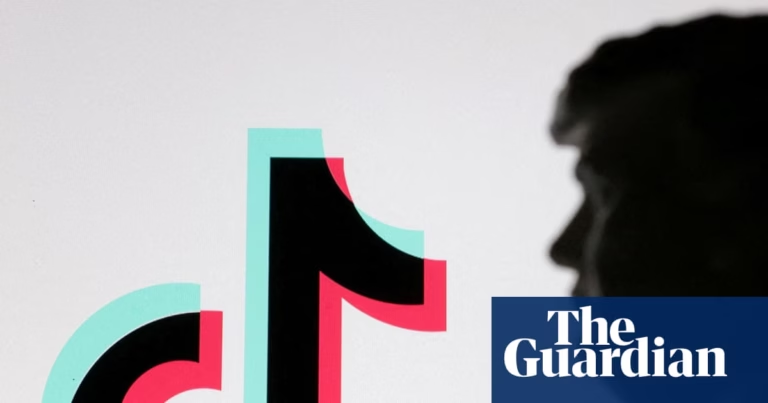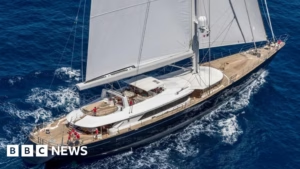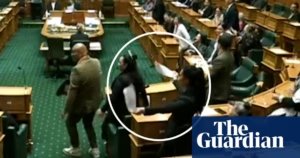Denmark is contemplating a significant shift in its energy policy by reassessing its long-standing ban on nuclear power, which has been in place since 1985. The government, through its energy minister, is evaluating the potential advantages of the latest nuclear power technologies. Denmark, known for its extensive use of renewable energy—with over 80% of its electricity generation coming from renewables—is also considering the integration of modular nuclear reactors into its energy mix. This consideration comes in the wake of increasing interest in advanced nuclear reactor designs across Europe, as well as plans to extend the operational life of the continent’s existing reactors. Former Danish Prime Minister Anders Fogh Rasmussen has expressed support for lifting the ban, citing the need for a non-fossil base-load energy source. This move is partly driven by the expected rise in demand for low-carbon electricity for decarbonizing various sectors in the coming decades. Small modular reactor designs emerge as a cost-effective and quicker-to-construct alternative to traditional large-scale reactors, attracting interest from tech giants like Google for powering their energy-intensive data centers. Additionally, Spain, traditionally opposed to nuclear power, may reconsider plans to phase out its reactors following a recent power outage. The broader European trend towards reconsidering nuclear power is also reflected in the UK, France, and Belgium’s decisions to extend the life of their current nuclear reactors, with France planning additional reactors and the UK advancing with new projects, including the development of small modular reactors. Against this backdrop, Denmark’s focus on integrating nuclear energy into its portfolio comes at a challenging time for its renewable energy sector, with companies like Ørsted facing financial difficulties and reconsidering projects due to increasing costs.
Source: https://www.theguardian.com/world/2025/may/14/denmark-rethinking-40-year-nuclear-power-ban-amid-europe-wide-shift
